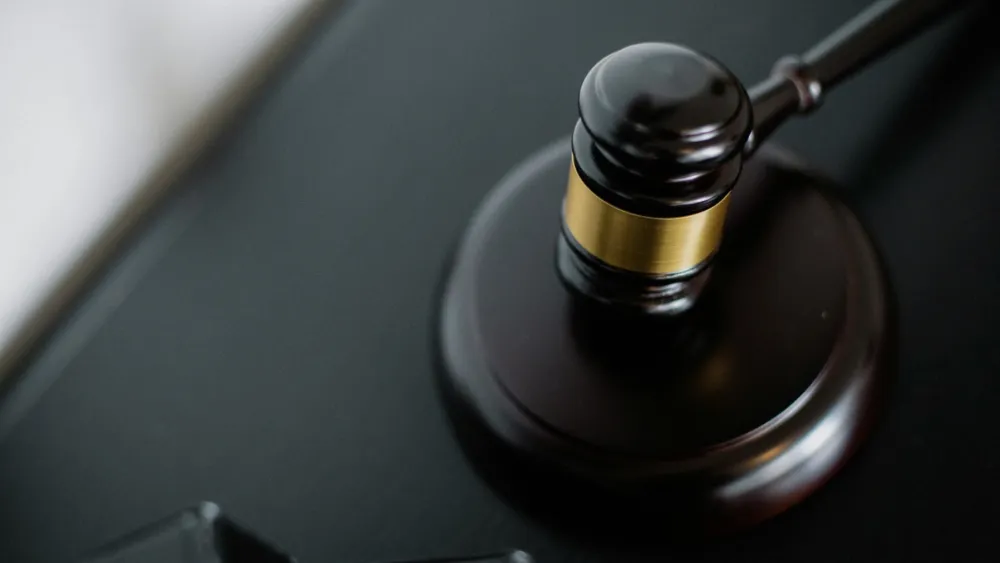
New bill cuts tax for assisted reproductive services
The tax deduction is one of the measures announced in the 2023 Policy Address to promote fertility.
The government has published the Inland Revenue (Tax Deductions for Assisted Reproductive Service Expenses) Bill 2024 to amend the Inland Revenue Ordinance, stipulating provisions for a tax deduction for assisted reproductive (AR) service expenses under salaries tax and personal assessment starting from the year of assessment 2024 to 2025.
The tax deduction is one of the measures announced in the 2023 Policy Address to promote fertility by relieving the financial burden incurred by the expenditure on AR services to encourage couples facing difficulties in conceiving to seek medical assistance, with a view to tackling the current situation of a low birth rate in Hong Kong.
Only taxpayers receiving AR services for medical reasons may benefit from the tax deduction.
They include infertile couples or persons under specified circumstances and cancer patients or any other patients who may be rendered infertile as a result of chemotherapy, radiotherapy, surgery, or other medical treatment.
To avoid incentivising the delay of childbearing plans, expenses on gamete freezing services for other reasons will not be eligible for the tax deduction.
The bill will define qualifying AR services for the tax deduction, including reproductive technology (RT) procedures and services for handling, storing, and disposing of gametes or embryos used or intended for an RT procedure, under artificial insemination by husband license, a treatment license, or a storage license issued by the Council on Human Reproductive Technology (CHRT).
The bill will also stipulate that the relevant expenses paid by a taxpayer, by the taxpayer’s spouse who is not living apart from the person, or by both of them for the qualifying AR services are allowable deductions for the taxpayer.
The maximum amount of deduction allowable for a year of assessment is $100,000. As for married persons, the maximum amount of deduction allowable to both of them is $100,000.
The bill will be introduced to the Legislative Council (LegCo) for scrutiny on 11 December.
If the bill is passed by the LegCo, the government will issue a standard form of proof for qualifying AR service expenses (the Proof).
The Proof should be signed by the registered medical practitioner who holds clinical responsibility for the relevant RT procedure, certifying the date and amount of qualifying expenses paid for the qualifying AR services received to assist the taxpayer’s claim of the tax deduction.
Where circumstances warrant, the Inland Revenue Department may request the taxpayer to provide the Proof in support of the deduction claimed.
If members of the public have paid for AR service expenses on or after 1 April this year and intend to claim tax deductions for such expenses upon implementation of the proposed tax deduction, they should keep relevant documents, including receipts, as proof to obtain the Proof retrospectively from the licensed centre that provided the relevant services.



















 Advertise
Advertise






